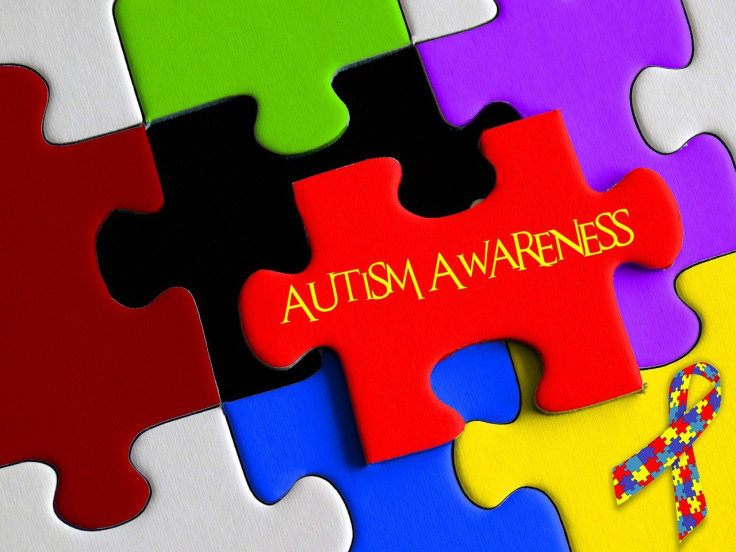5 Ways To Help Your Autistic Child Make Friends
Children need friends for both social and emotional development. However, children with Autism Spectrum Disorder (ASD) often find it hard to navigate social situations due to their developmental delays and lack of age-appropriate behavior.
When it comes to making friends, children with autism have a deluge of difficulties, including failing to grasp social cues, body language and facial expressions. Some kids are even susceptible to facing exclusionary behavior and rudeness from other children.
While such behavior puts the parents of an autistic child in disarray, the former can take charge of the situation by teaching their children to be proud of who they are and cope with the challenges that are thrown at them.
For starters, parents require teaching their children what having a friend means. Asking a few basic questions such as -- if they want to be around someone who calls them names or if they only want to have them as friends who motivate them -- might just help build the child's confidence. What really works for autistic children is boosting their confidence and helping them manage their emotions, so they don't feel awkward in any social situation.
Here are a few science-backed ways parents can help their autistic children expand their social circle:
Finding kids with the same interests
Find out what your child's strengths and interests are, and let them mingle with kids who share the same. You can introduce your child to a new playgroup, special interest classes, or an after-school class where they will find like-minded friends who won't judge them.
Invite their friends to your home or family outings
Your child will be over the moon to have their friends over at home or family outings. Best, ask your child if they especially like someone at school and try to understand if the other kid is genuinely friends with your child. At the special events, design special activities that your child can enjoy with friends, which will boost their partnership.
Pictorial depiction of social behaviors
To teach your child to navigate a given situation, you can use pictures to help them understand basic human behaviors. Children with autism are different from others in terms of learning, and they learn best when they are shown pictures or told stories indicating how they are supposed to react.
Plan outdoor activities
For older children, outdoor activities like tennis, basketball, etc. work wonders. To help your autistic child to open up better and have long-term friendships, encourage them to enjoy plenty of outdoor activities with people their age.
Apps to boost your child's communication skills
The digital world is flooded with apps to assist in the skill-building of an autistic child. It's common for an autistic child to appear withdrawn and steer clear of other children when approached. Consider this non-interest a red flag because it can eventually cause depression. You can shape your child's communication skills with the specially designed applications available.























